Ramadan amid Gaza war: Stage set for resistance forces to step up operations
By Omar Ahmed
Ramadan, the month of fasting and divine grace has commenced again. Fasting is not merely an abstention from food, but an exercise in self-restraint and self-discipline.
It’s also the time for Muslims to reflect on the challenges they face and reaffirm their commitment to the Quranic teachings of unity and standing up against all forms and manifestations of evil.
At the moment, the most pressing issue for Muslims is related to the besieged Gaza Strip, where the US-backed Israeli war of genocide, now in its sixth month, has already claimed over 31,000 precious lives, mostly women and children, and over 71,000 have been injured.
The efforts to broker a truce before the commencement of the holy month, in which the Holy Qur’an was revealed in its entirety, failed to materialize due to the occupying entity’s hardnosed stance.
With Israel intent on committing more massacres and war crimes ahead of a potential invasion of Rafah, it is clear that securing the release of Israeli captives in Gaza was never high on the regime’s agenda. What they seek is the obliteration of “Hamas”, which in reality means the people of Gaza.
As the month of mercy, Ramadan has always been an opportune time to bring about ceasefire agreements, as was the case between Saudi Arabia and Yemen who agreed to a truce agreement in 2022, coinciding with the start of Ramadan that year.
The ethnic Malay Muslim separatists in Thailand and the Thai government have also agreed in principle to a ceasefire spanning the holy month and the Thai festival of Songkran in mid-April.
Earlier this week, the UN Security Council also adopted a UK-drafted resolution that called for a Ramadan ceasefire in Sudan amid the country’s devastating civil war.
One of the reasons Ramadan is known as the month of mercy is because the gates of Heaven are open while those of Hell are considered closed to the sincere believers.
As such, it has also been a time in the year when those engaged in resistance activities intensify their activities. In early Islamic history, the month of Ramadan had events such as the Battle of Badr, the liberation of Makkah and other such events.
Hamas officials have also warned of more intense operations this month if the Israeli regime continues its aggression against Palestinians in Gaza. The spokesman for the armed wing of Hamas Abu Obaida referred to Ramadan as “the month of victory, the month of jihad”.
A recent poster by Al-Qassam Brigades stated: “We welcomed the month of Ramadan with the pinnacle of Islam: Jihad, steadfastness, and fighting. In a time that is depleted of true men.”
It is worth noting that the heroic 2014 Gaza war also took place in Ramadan. An article released by Al-Qassam two years later said the month has seen the “actualization of exceptional Islamic victories.”
During the war, “the Palestinian resistance, chiefly the Al-Qassam Brigades, fought the most impressive battles of heroism and martyrdom,” the article stated further.
The month of Ramadan, symbolizing resistance, is something the Zionist regime is well aware of, which was evident from the “Ramadan message” of Israeli military affairs minister Yoav Gallant.
Israeli Heritage Minister Amichai Eliyahu upped the war-mongering rhetoric, telling Army Radio that the month of Ramadan “must be wiped out, and our fear of this month must also be wiped out.”
It is thus expected that as with every year, the occupation forces will attempt to provoke Muslims in the occupied al-Quds by restricting or violently clamping down on worshippers seeking to attend the Al-Aqsa Mosque. We have already seen that on the first night of the holy month this year.
The irony is not lost in the fact that the Gaza war itself was sparked by the Israeli regime’s continued acts of aggression against the Al-Aqsa Mosque, the third holiest site in Islam.
Indeed, Operation Al-Aqsa Flood, launched on 7 October, was a response to provocations in al-Quds.
Weeks into the war, a top Palestinian Islamic Jihad official was quoted as saying the goal of the operation was “to prevent the targeting of Al-Aqsa Mosque, disparaging or insulting of Muslim religious rites, assault of our women, efforts to Judaize Al-Aqsa Mosque and normalize Israeli occupation of it, or divide it temporally and spatially.”
Thus, the continuation of hostilities during Ramadan is likely to fuel stronger resistance.
Ariel Kahana, Israel Hayom's senior diplomatic commentator, acknowledged that although Israel “understands that Ramadan this year is particularly explosive, there seems to be a lack of real preparatory steps.”
Meanwhile, the Axis of Resistance groups are also ready to step up their operations in Ramadan, which was evident on Monday, the first day of the holy month.
Yemeni military, led by the Ansarallah resistance movement, targeted another American-owned vessel in the Red Sea. The Islamic Resistance in Iraq pounded the Ben Gurion Airport in the occupied territories. Hezbollah fired more than 100 rockets at Israeli targets early on Tuesday.
So, the stage is set for more intense resistance operations against the occupying entity this Ramadan, which can prove the last nail in its coffin.
Omar Ahmed has an MSc in International Security and Global Governance from Birkbeck, University of London. His interests include the politics, history and religion of the MENA region.
(The views expressed in this article do not necessarily reflect those of Press TV.)
Eight Palestinians killed as Israel attacks Gaza school, hospitals
VIDEO | Rome, Milan host new protests in solidarity with Palestinians
Dec. 21: ‘Axis of Resistance’ operations against Israeli occupation
Spain jurists demand ties with Israel ties be cut
VIDEO | Press TV's news headlines
VIDEO | Iran honors top Science Olympiad medalists
VIDEO | Austrians arrested at Gaza protest in Vienna
10 killed in bus crash in western Iran


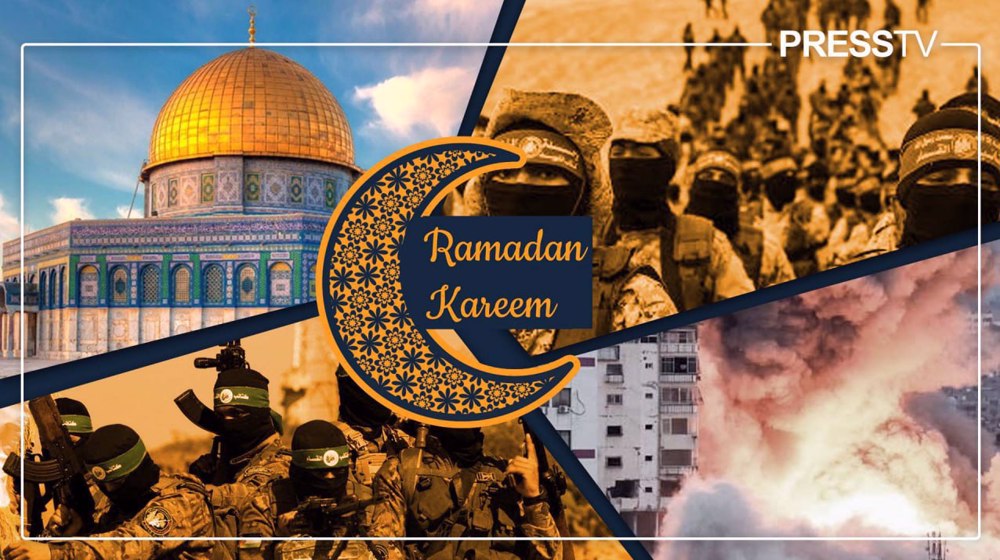
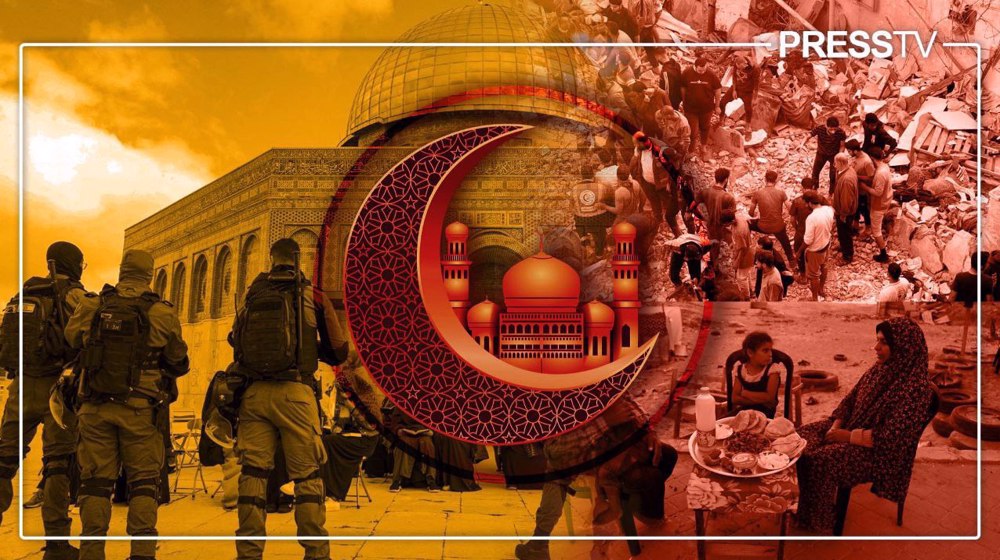
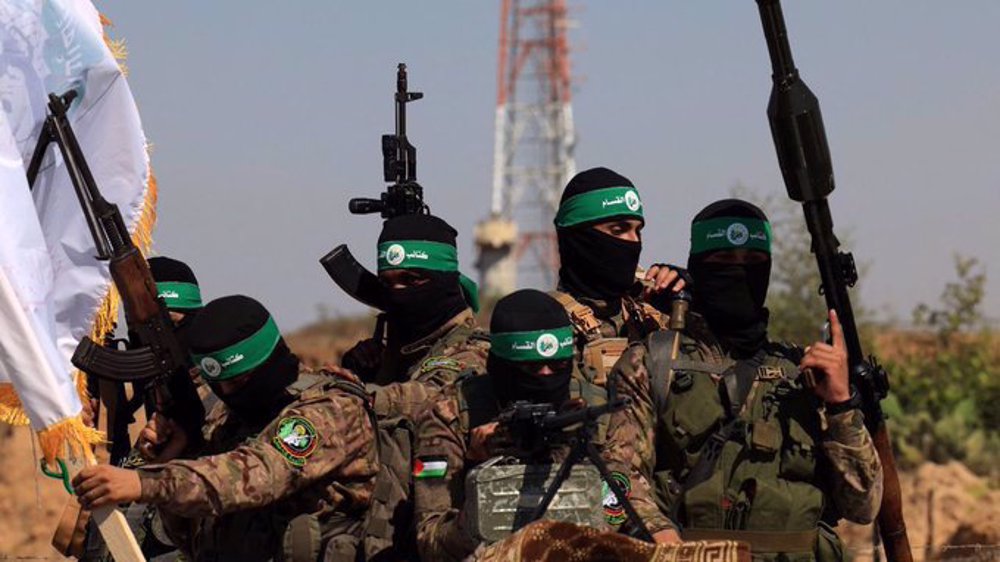
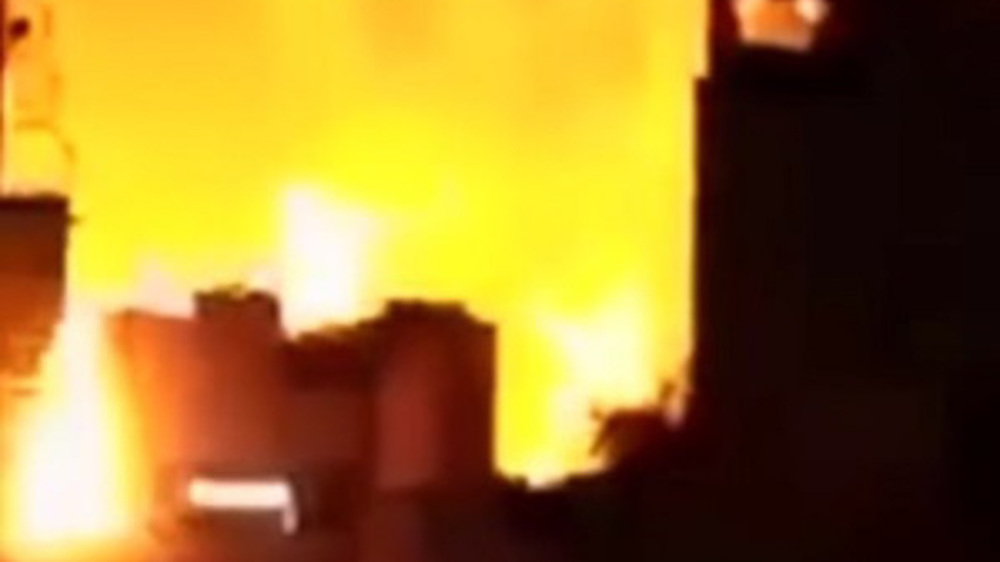
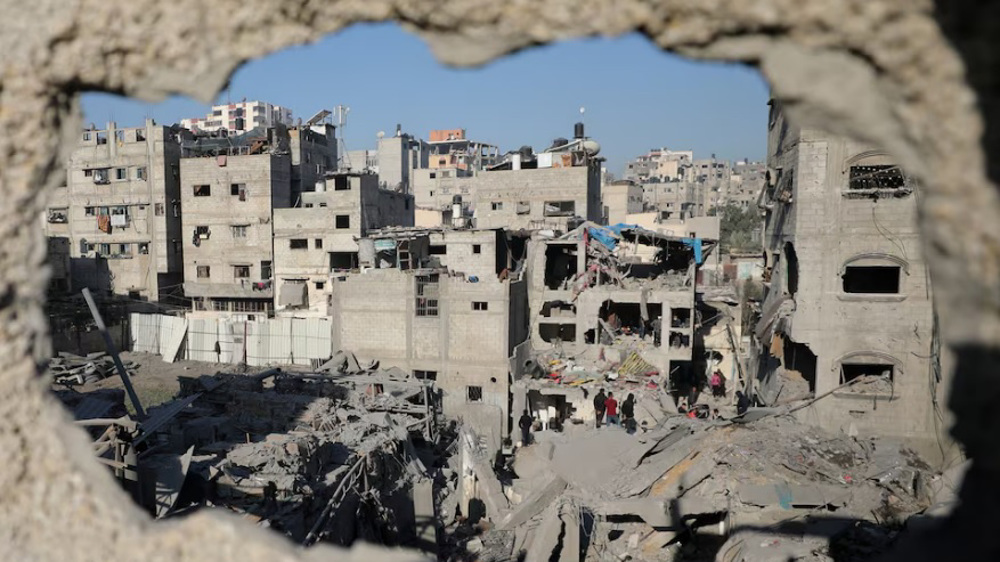



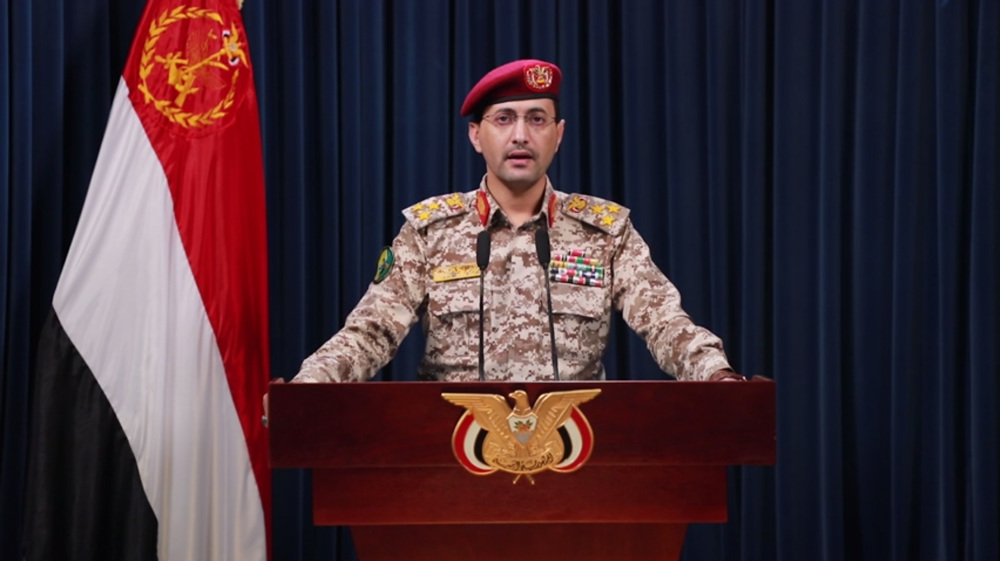
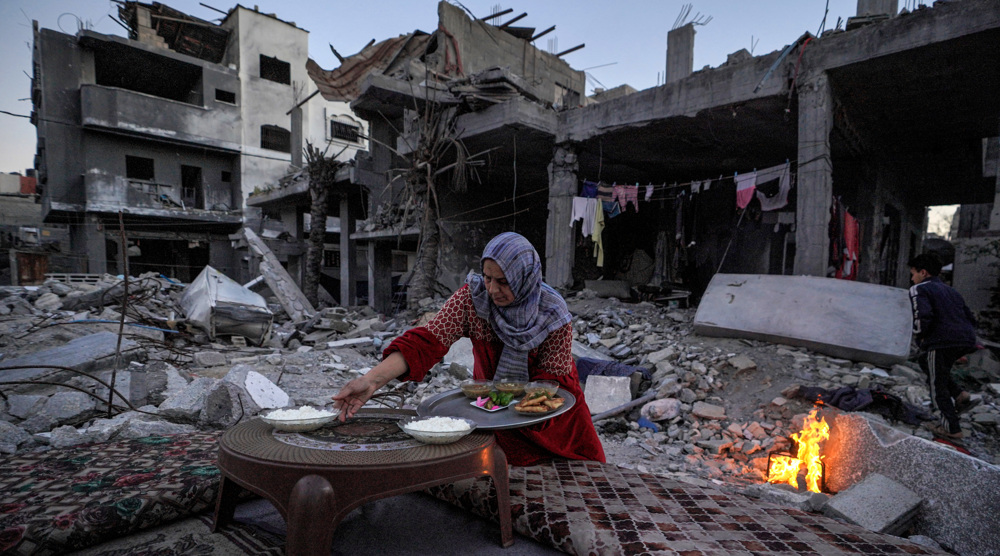
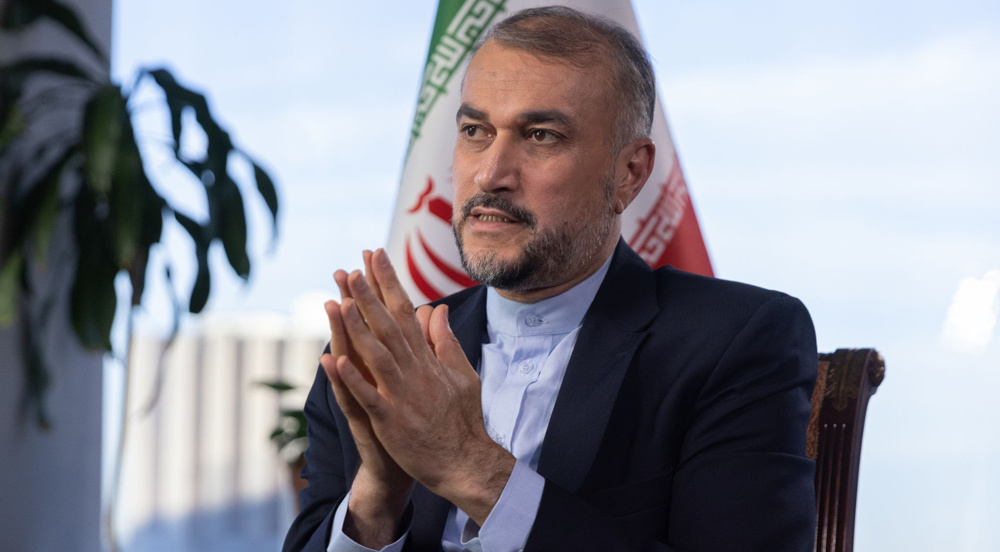
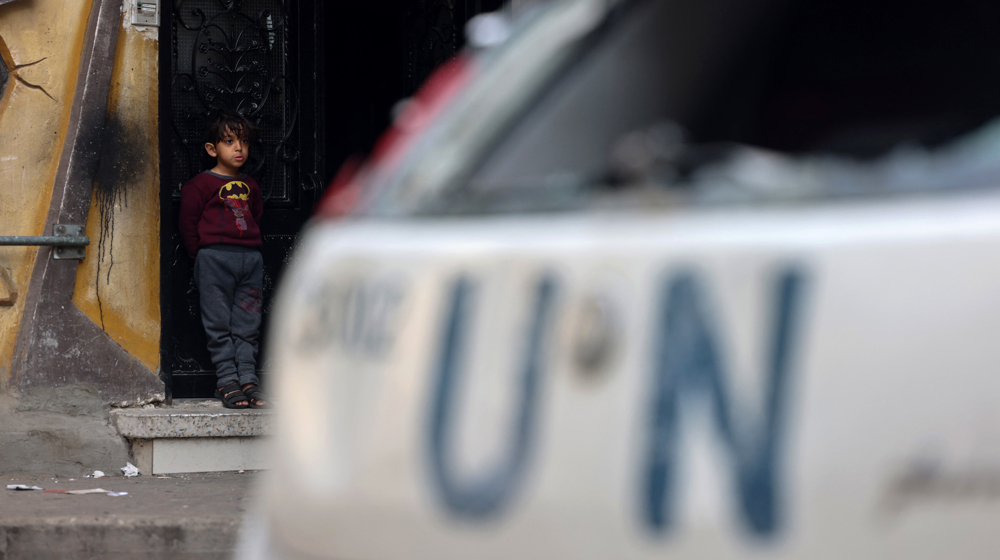
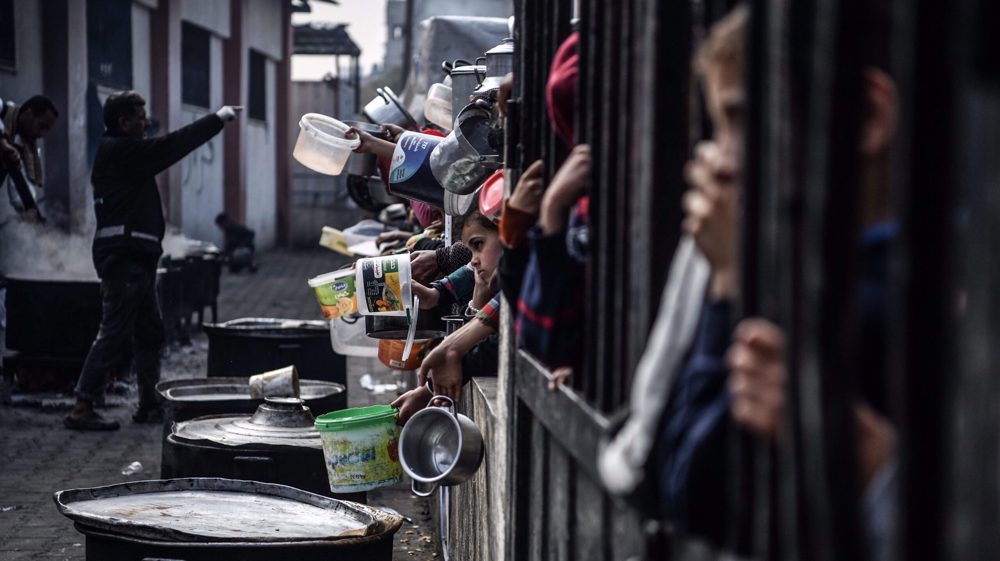

 This makes it easy to access the Press TV website
This makes it easy to access the Press TV website